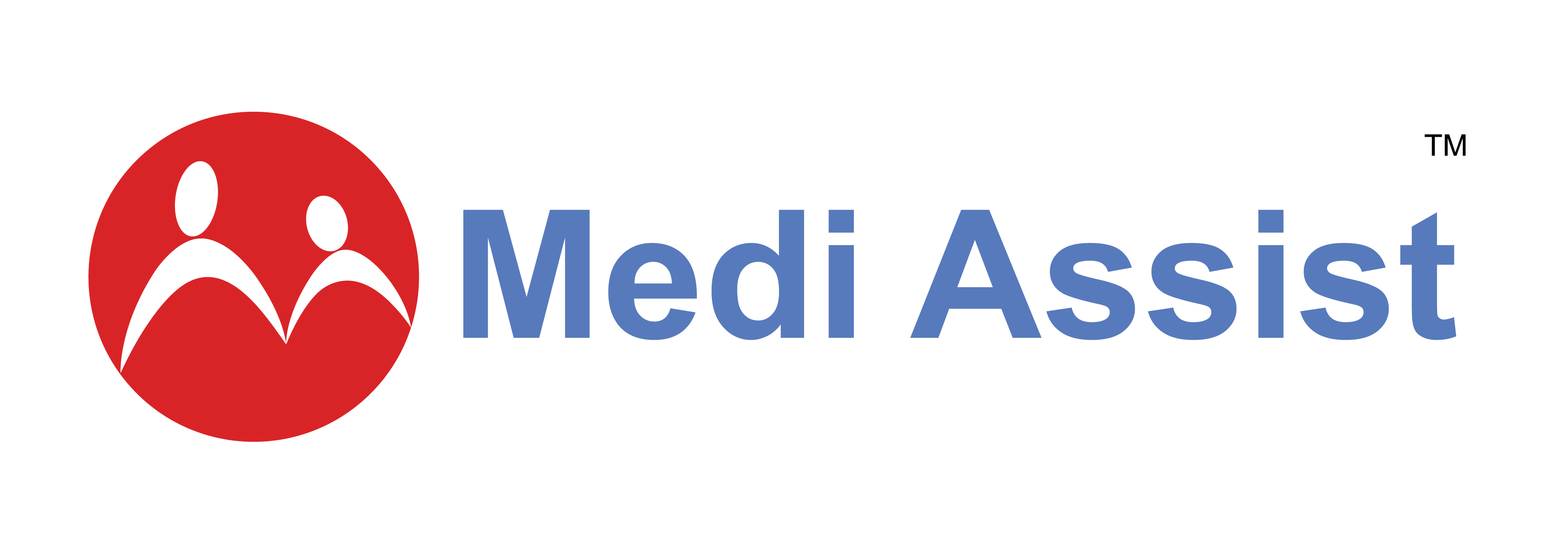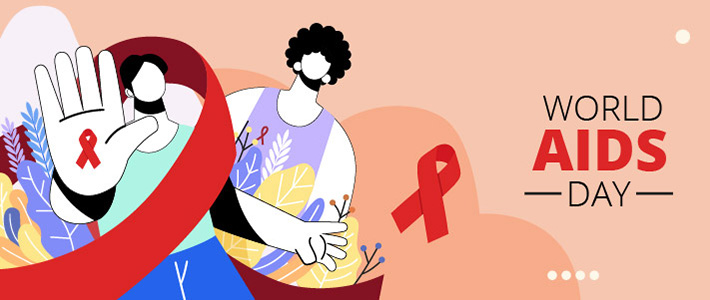World AIDS Day is an opportunity to show solidarity with the millions of people living with HIV worldwide. The red ribbon is the universal symbol of awareness and support for people living with HIV.
Acquired immunodeficiency syndrome (AIDS) is a chronic, potentially life-threatening illness, caused by the human immunodeficiency virus (HIV) that interferes with the body’s ability to fight infections by reducing the overall immunity in the individual.
AIDS can spread through multiple sources:
- Direct contact with certain body fluids from a person infected with HIV, who has a detectable viral load. It can be blood, semen, rectal fluid, vaginal fluid or breast milk.
- You can also contract HIV by having unprotected sexual intercourse with an infected person.
- By sharing drug equipment like needles.
- It can be transmitted from mother to child during pregnancy, birth or breastfeeding.
- By receiving blood transfusion or organ tissue transplants that are contaminated with HIV.
People at increased risk of HIV infection:
- People with multiple sexual partners, practicing unprotected sexual intercourse.
- People requiring repeated blood transfusions.
- Intravenous drug abusers due to sharing needles.
- Medical/Hospital personnel coming in contact with infected bodily fluids or needle prick injuries during surgery.
Prevention:
- Always use a condom while having sexual intercourse.
- Make sure to use only fresh needles at tattoo and piercing studios.
- Use of adequate personal protective equipment by hospital staff and following appropriate sanitary precautions.
Common myths about AIDS:
- HIV infection does not spread by hugging or touching someone who has HIV.
- HIV can’t be transmitted through sweat, tears, saliva, urine or faeces.
- HIV can’t survive in air, hence you can’t get it from sharing a space with someone who is HIV-positive.
- Coughs, sneezes or spit.
- HIV can’t be passed on through sharing food, drinks or cooking utensils.
- Toilet seats, cutlery, door handles, sharing towels.
- HIV can’t survive in water, so you can’t get HIV from swimming pools, baths, shower areas, washing clothes or from drinking water.









